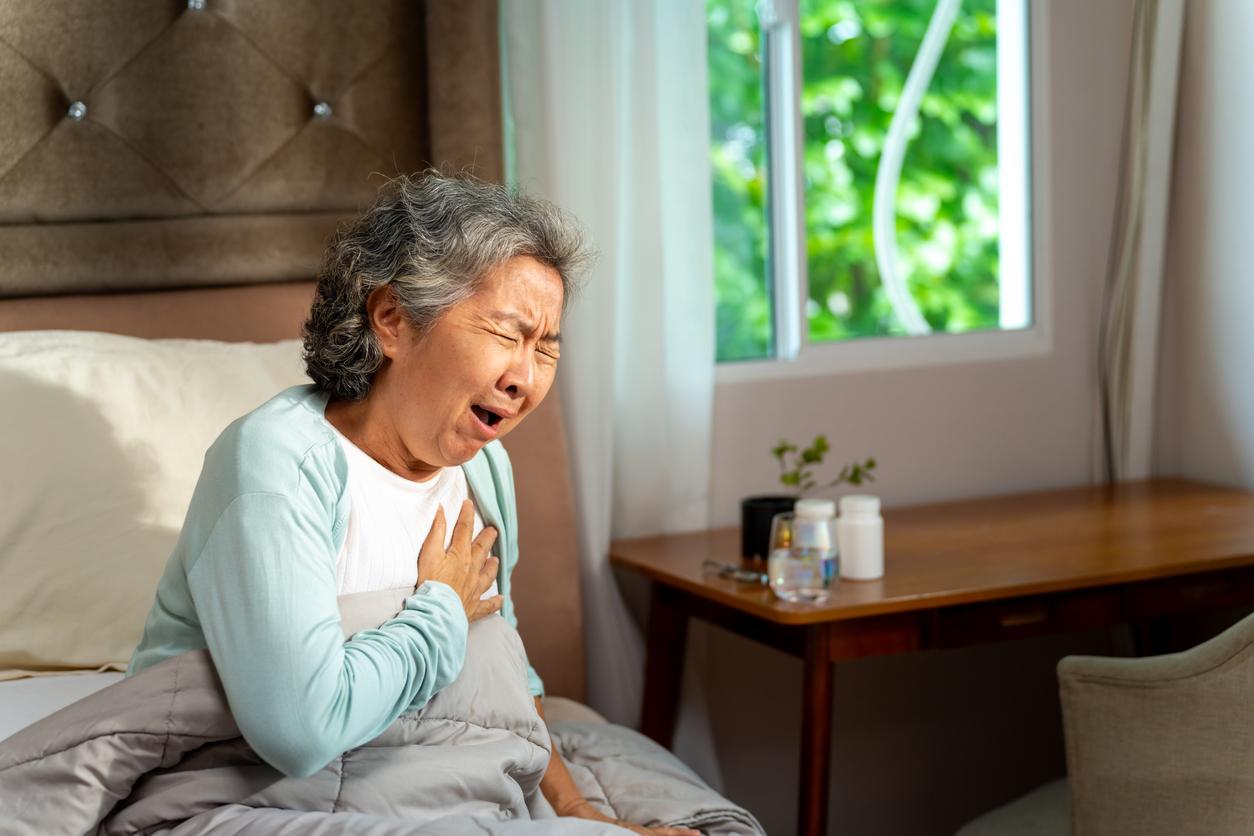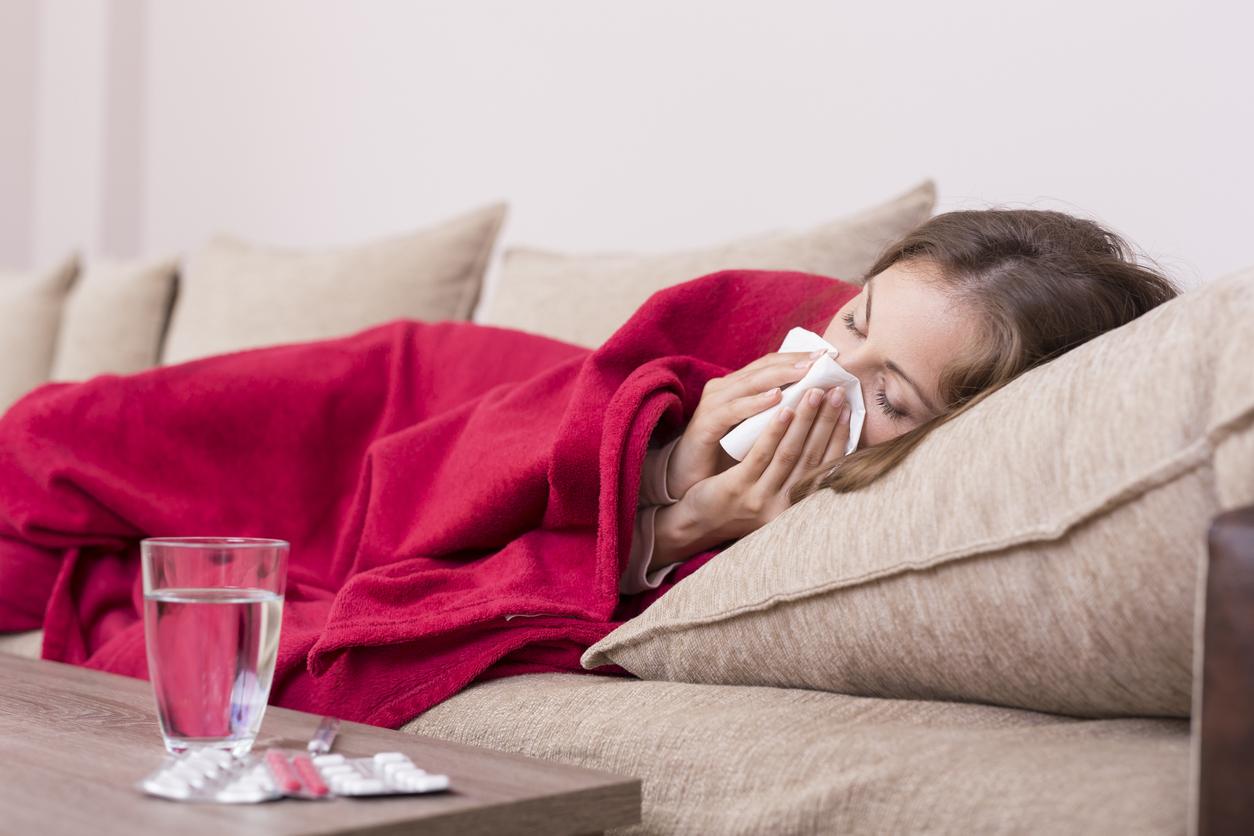November 18, 2002 – A congress entitled “Aromatherapy: a medicine of the future”1 brought together several luminaries in Montreal at the end of the week to present their research and clinical experience. This first international gathering on the subject made it possible to observe that aromatherapy, more often associated with well-being than with the treatment of diseases, can also be an effective therapeutic tool with numerous current and potential applications.1
Dominique baudoux2, Belgian pharmacist and holder of a doctorate in toxicology, considered an expert in the field of essential oils, shared his research aimed at developing combinations of essential oils for people in palliative care. Mr. Baudoux designed these blends with, among others, myrrh, frankincense, cinnamon and storax. Used by nurses and volunteers, these oils would do wonders to allow a more serene passage towards death, thanks not only to the comfort of the body that they allow, but also to the comfort of the soul that they provide. Applied on the top of the feet and hands, they act at very subtle and very deep vibratory levels.
Mr. Baudoux also presented his ethnobotanical and pharmacological research on several new oils, including one taken from a variety of cinnamon from Vietnam. Thanks to their formidable antibacterial properties, cinnamon essential oils are first-rate tools for treating diseases like malaria that affect tens of millions of Africans, especially since these essential oils could be produced locally. A pilot study is also underway in an orphanage in Rwanda where children with malaria are treated with essential oils.
Maurice Nicole, a well-known naturopath in Quebec, recounted his experience in using a combination of essential oils in the treatment of people with hepatitis. In addition to a mixture of 13 oils, this practitioner includes in his treatment dietary advice, the use of supplements of minerals, vitamins and enzymes. Asked about the part played by each of these interventions in the healing of patients, Mr. Nicole explained that he was unaware of it. However, he found, when he added essential oils to his practice, that they have the property of treating infections very quickly, even the most serious, which significantly optimizes the overall treatment.
Holder of a doctorate in plant biotechnology, Abdesselam Zhiri reported on his research on flies exposed to a carcinogenic substance and to which he administered a combination of three essential oils3 which has shown very promising protective properties. Although flies are a long way from humans, the speaker indicated that the genetics of these winged insects and ours have important similarities, especially in terms of cancer genes. In addition, unlike the substances currently used to fight this disease, essential oils, at the concentrations tested, are not toxic.
Among the other avenues explored in aromatherapy, the antiparasitic properties of essential oils offer very interesting potential for treating farm animals suffering from mange. According to the laboratory work of Pascal Debauche, holder of a doctorate in biology, certain combinations of essential oils overcome mites in a few minutes, while the topical treatment most used today takes four days to eliminate them completely!
Despite positive results in the laboratory and in the clinic, essential oils keep some of their secrets. Indeed, each contains many active molecules and, moreover, they are combined to benefit from their synergy. This confuses scientists who have difficulty admitting the effectiveness of a treatment until they understand all its modes of action, which often leads them to isolate molecules rather than them. combine. “I have an obligation of result towards my patients. I leave it to the researchers to figure out the details of the how and why. After all, it is better to be cured foolishly than to be scientifically killed, ”Maurice Nicole quipped.
Françoise Ruby – PasseportSanté.net
1. This congress was sponsored by the Robert Research Institute in Natural Sciences. http://www.irrsn.ca/menu.html
2. Dominique Baudoux, is the author of several works in particular, Aromatherapy – Healing yourself with essential oils (Atlantica, 2001) and Practical notebooks of aromatherapy according to the French school – Pediatrics (Inspir Edition, 2001). He is also the director of Pranarôm, a manufacturer of essential oils.
3. The immortal of the sands (Helichrysum italicum), Labrador tea (Ledum groenlandicum) and the aromatic ravensare (Ravensara aromatica).
















